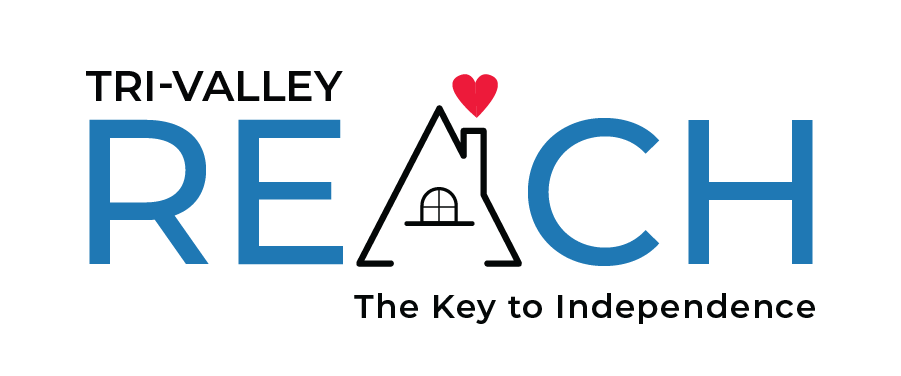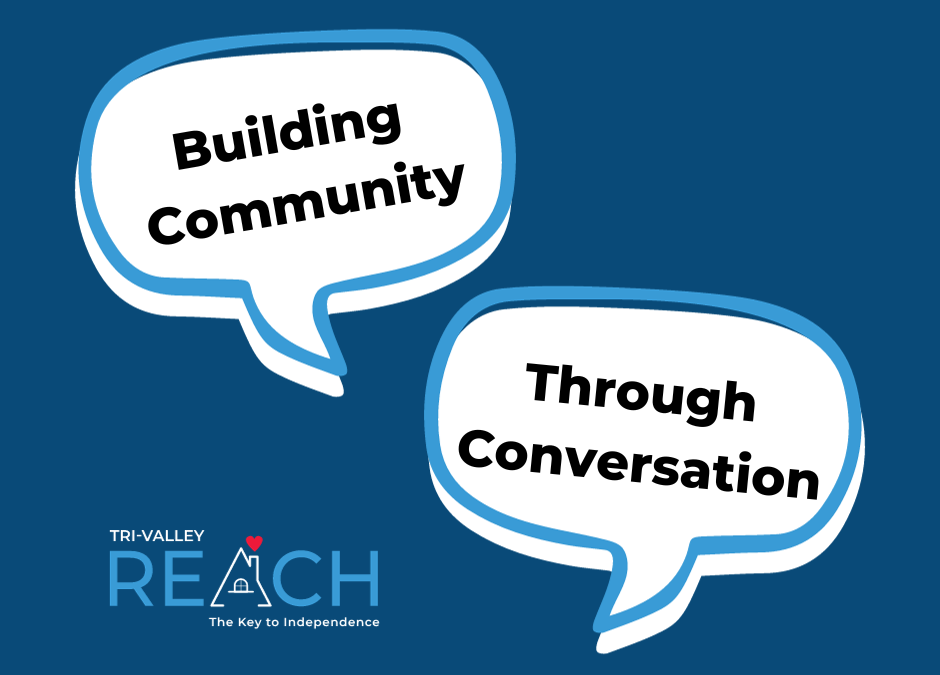What’s in a Name? The Power of Our Language
There is little dispute that our names carry significance. The majority of us have had the experience of being called by alternate versions of our names, whether misspelled or wrong altogether. The impact of this can range from minor annoyance to truly feeling unimportant or devalued.
That said, we also know that language is constantly evolving to adapt to societal changes, bringing many new words and terms to the existing vocabulary. If this were not the case, there would be many words and terms missing from our modern vocabulary, including train, automobile, airplane, television, gigabyte, modem, and even mobile phone – words that have been created to reflect modern technological advances. As mentioned in the September blog post of Building Community Through Conversation, language matters, especially when speaking about differences and disabilities. It is crucial to recognize that these terms and descriptors have changed significantly over the years. The current emphasis is on choosing language that highlights what a person can do (their abilities) versus what they cannot do (their limitations). This shift not only empowers the disabled individual, it also switches the lens through which others view that individual and may lead to opportunities for disabled individuals that were not possible given the former “lens.”
“Do the best you can until you know better. Then when you know better, do better.”
Maya Angelou
Functioning Labels
Along these lines, functioning labels are also losing favor in disability affirming culture. Historically, describing an individual as “high” or “low” functioning was used to describe the extent to which that individual was able to function in daily activities as well as with social participation. Many in the disabled community disagree with these labels because they don’t capture the complexity and ever-changing nature of living with a disability. They argue that functioning levels are not concrete; they are dynamic and can change based on various obstacles that may pop up over the course of a day.
“‘Functioning’ varies, sometimes dramatically within a 24 hour period, and the labels themselves are pointless as they only really determine someone’s main communication method and whether or not they have an intellectual disability. Rather than using those labels and assuming what someone’s support needs will be, [people should] actually find out.”
Kat Williams
Labeling individuals based on our perception of their functioning does not take the dynamic nature of “functioning” into account. In fact, these labels may limit access to necessary supports. Someone labeled “high functioning” may find it difficult to get the support they need because their needs may not be as apparent. In this example, the label disregards the needs and challenges that they face on a daily basis. Additionally, using functioning labels suggests that some individuals’ lives have more value than others within the context of society. Instead of using functioning labels, we can talk in terms of levels of support. Someone could be described as living independently while someone else could be described as benefitting from the support of living within a group setting.
Terminology
Terms are ever evolving. This can leave us unsure of which terms to use and may make us uncomfortable and even reluctant to use any variation of the term. Below is a list of outdated terms, suggested replacements, and the impact of using these terms. When in doubt, use the individual’s name when referring to them. It’s best to refer to a disability only when it’s related to the topic of conversation (i.e. when discussing needed accommodations, etc.). Also, never assume that a person is willing to disclose their disability. Always ask.
Instead of (Outdated Term)
Try (Respectful Term)
Impact
Special Needs, differently-abled, handicapped, crippled, etc.
Disabled
Call it what it is. Don’t be afraid to ask the individual their preferred term and respect their preference.
Normal/Healthy
Person without a disability
The terms “normal” and “healthy” may make a disabled person feel abnormal
“Slow,” brain damaged, retarded
Learning disability, cognitive disability
The terms “slow, brain damaged and retarded” devalue the individual’s abilities
Wheelchair bound, confined to a wheelchair
Wheelchair user
Wheelchair user implies use of an accommodation for independence with mobility.
Emotionally Disturbed
Emotionally Disabled
The term “disturbed” devalues the individual and implies they are incapable
Crazy, wacko, nuts, insane
Mental health disability
These terms devalue the individual and implies they are incapable
Handicapped/Disabled (when referring to accommodations such as parking spaces and restrooms)
Accessible
The term “accessible” is more accurate.
Person with Autism
Autistic
The majority of Autistic adults have shared that they prefer the term Autistic because they cannot separate themselves from their Autism.
The Final Word
Language is a powerful tool – one that we need to use with care and respect. It is important to be aware of our language and the impact it can have on others. Despite the difficulties with changing our vernacular, we need to be open to these changes. One rule of thumb would be to think about whether the language you are using is empowering others or minimizing them.
“The difference between the right word and the almost-right word is the difference between lightning and a lightning bug.”
Mark Twain

